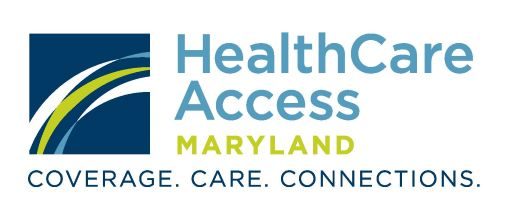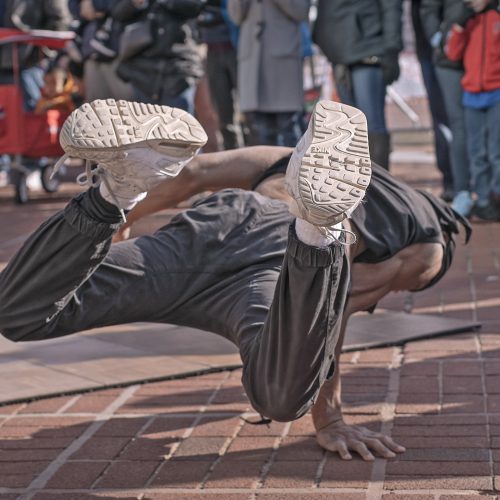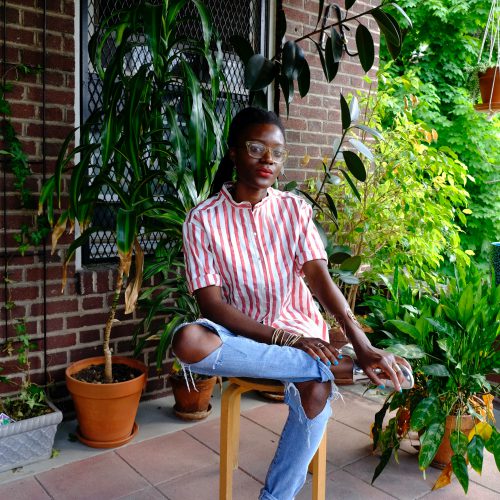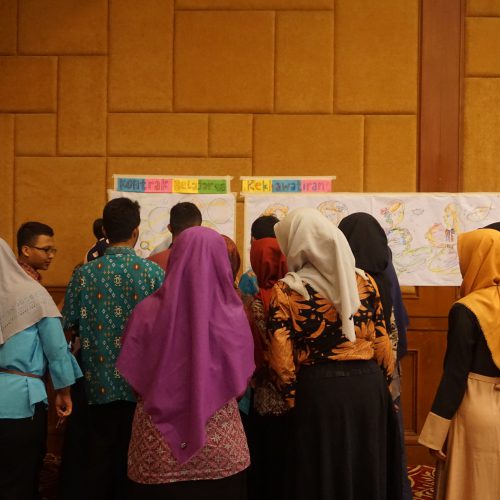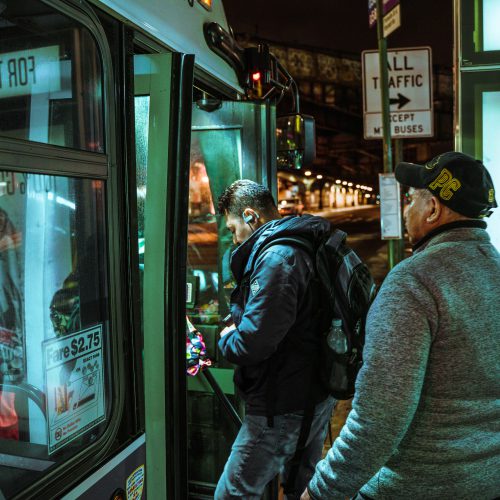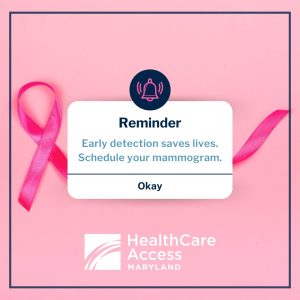 If you’ve missed an important health screening during the COVID-19 pandemic, you’re not alone. The Kaiser Family Foundation’s survey of women’s health experiences found that women were more likely than men to have skipped an annual check-up and preventative healthcare appointments in the past year.
If you’ve missed an important health screening during the COVID-19 pandemic, you’re not alone. The Kaiser Family Foundation’s survey of women’s health experiences found that women were more likely than men to have skipped an annual check-up and preventative healthcare appointments in the past year.
This Breast Cancer Awareness Month brings an important reminder to get back on-track with mammogram screenings. Many physicians, including Dr. Danijela Jelovac of Johns Hopkins University, have seen patients postponing mammogram screenings during the COVID-19 pandemic. In fact, the Journal of the National Cancer Institute reports that in the early months of the public health emergency, there were severe declines, with up to 80% reduction in diagnostic mammography.
Dr. Jelovac shares that having a mammogram every year “increases the chance of detecting breast cancer when it is small and has the highest likelihood of being cured.” According to the American Cancer Society, when breast cancer is detected early and is in the localized stage, the 5-year survival rate is 99%.
Yolanda Bennett experienced the importance of early detection firsthand. Diagnosed with breast cancer at 36 years old, she initially delayed getting a mammogram.
“When I was 35, I felt a lump. I then shared my concerns with my gynecologist,” Yolanda shares. However, her doctor did not request imaging or further testing, telling Yolanda “You are fine, you’re just cystic.” Yolanda says, “Although I knew something was wrong, I trusted my doctor more than I trusted myself.” By the time she saw her primary care provider and ultimately received a diagnosis of breast cancer, Yolanda was not a candidate for breast preservation and needed a mastectomy to treat the cancer.
Mammography is the most effective screening test to diagnose breast cancer. For most women, it is recommended to start annual screening at age 40. Dr. Jelovac notes that women with high risk for developing breast cancer, such as those with a positive family history, a medical history of radiation to the chest between age 10-30, or those with certain syndromes or gene mutations, it is recommended to start earlier.
Today, 17 years after her breast cancer diagnosis, Yolanda works as a patient navigator at the Johns Hopkins University Department of Breast Surgery. She works with newly diagnosed breast cancer patients and team of surgeons. Yolanda shares of her work “Now, on a daily basis, I have the opportunity to help ease patient concerns and address barriers to care.” She also shares her experiences and advocates for getting screened early.
“Get your mammogram. It can save your life. The earlier you are treated, the stronger your survival rate will be. Don’t be scared to get screened,” says Yolanda. She also urges not just women to get care. “Men can get breast cancer too. If you feel a lump, get it checked.”
To get back on track with screening for breast cancer, schedule your mammogram as soon as possible.
If you’ve recently received a COVID-19 vaccine, it is recommended to schedule your mammogram at least 4-6 weeks after the vaccine. The COVID-19 vaccine can cause temporary enlargement of lymph nodes that may affect the findings on a mammogram. For details on how the COVID-19 vaccine can affect mammography, please visit: https://www.hopkinsmedicine.org/health/conditions-and-diseases/coronavirus/covid19-vaccine-can-it-affect-your-mammogram-results
Want to learn more about how women’s healthcare experiences have been affected during the COVID-19 pandemic? See our most recent Speaker Series, “State of Healthcare in Maryland: Women’s Health.”
